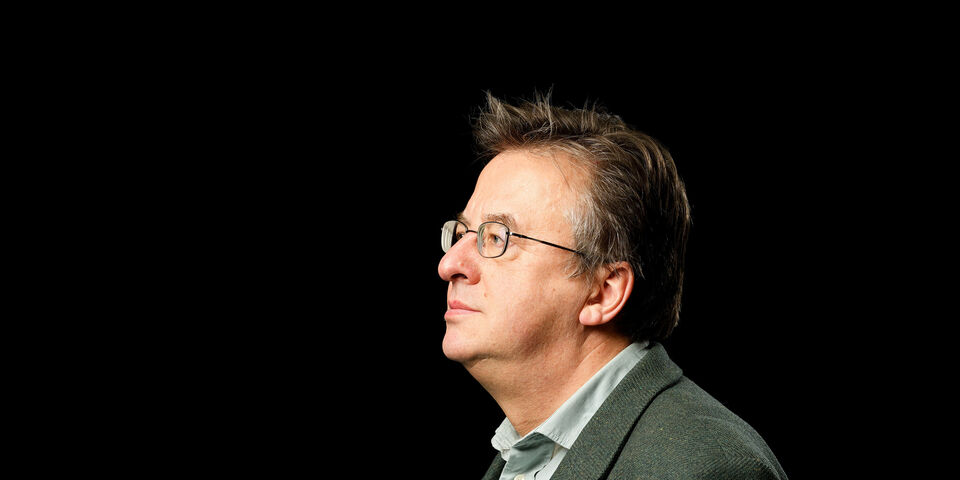Mitsubishi vs Volvo: Living in harmony or controlling nature
It was one of those rainy days in downtown Amsterdam and a car, one of those big Mitsubishi station wagons, stopped for a red traffic light. The car behind, one of those big Volvos a.k.a. “the tank”, could not stop on time (the story doesn’t say if it was because of the slippery pavement) and crashed into the station wagon.
The Volvo pulled out of the station wagon, and both drivers got out of their cars to see the damage. The Mitsubishi station wagon was reduced to about two thirds and looked like an accordion with its rear completely crashed in. The Volvo, on the contrary, had only a few scratches on the bumper. What the story does further say is that the Mitsubishi driver was feeling ok after this sudden shock, but the Volvo driver was completely shaken up and still trembling. Why is this? In the case of the Mitsubishi, the shock of the crash was absorbed by the body of the car, the rear gave in hence protecting the driver. Nothing like that for the Volvo: as for a real tank, the super solid body (yes, Swedish steel) would rather damage the environment instead of giving in. So, in the one case you have a quite damaged car but a sound and safe driver, and in the other case, an intact car, but a quite shaken up driver. It’s a clear case which option is preferable.
This is obviously an old story because nowadays car manufacturers around the world have all taken over the approach of Mitsubishi and other Japanese makes: vehicles need to be designed and built to be safer both for their occupants and for those around them, such as cyclists and pedestrians. This was not the case for the Volvo.
This story illustrates the way we approach nature around the world. There are, roughly speaking, three clusters. In some cultures, people need to master and control nature totally, along with all kinds of processes: technical, industrial, financial, and even your time and your life. Nothing is left to chance, just about everything is planned, structured and supposedly under control. Technology is a key player. When things still go wrong, think, for example, of natural hazards, people are left rather perplex. The Netherlands is one of these cultures, just like most of the North-Atlantic regions (Sweden, Volvo). Here water is, of course, serious business and it needs to be either domesticated or at least under control. But the same goes for people with their private agendas, daily schedules, and somehow even the end of their lives.
In other cultures, people traditionally don’t have this need or urge to control nature, various processes and their destiny so much. They live more in harmony with nature and are much more adaptive to its cycles, their own environment and uncertainty in general. They are not so driven by technology; they go with the environmental flow, and spirituality along with the hereafter, astrology, numerology and the like are important aspects of life. Finally, some cultures combine both in an evolving balance (Japan, Mitsubishi). Things are, of course, changing rapidly due to globalization and the younger (urban) generations show similar behavioral patterns. What about you? Your horoscope for tomorrow says you may have a car accident… will you go outside or stay home?


Discussie